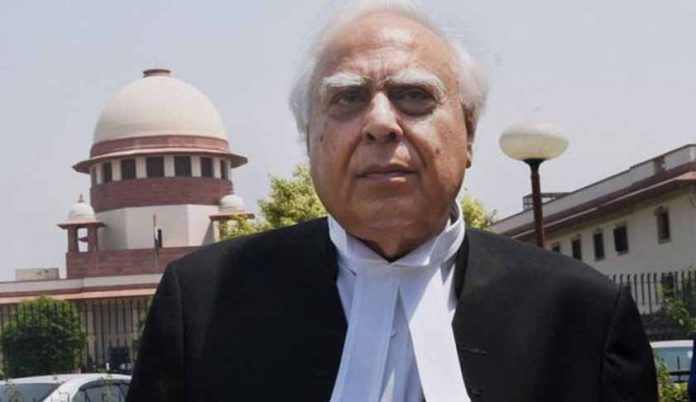By TwoCircles.net Staff Reporter
New Delhi: Trust lawyers to use an example from the most unlikely sources to strengthen their argument. Senior advocate Kapil Sibal, the counsel for All India Muslim Personal Law Board had gave the example of Lord Ram to make his point. “If I have faith that Lord Ram was born in Ayodhya, then it is a matter of faith and there is no question of constitutional morality.”
“Likewise, Triple Talaq is there since 637. Who are we to say that this is un-islamic? Muslims are practising it for the past 1,400 years. It is a matter of faith. Hence, there was no question of constitutional morality and equity,” he said.
Kabil Sibal was appearing before the five-judge bench led by Justice JS Khehar on behalf of All India Muslim Personal Law Board.
Sibal marked the source of Triple Talaq as Hadith and said that this is practice is in the time after Prophet Muhammad.
Sibal urged that laws like Hindu Marriage Act are for the majority community. And just because they think that minority community needs a reform, it cannot be implemented.
Sibal stressed on how Muslim marriages are civil contracts, “Nikahnama forms the basis of marriage in Islam. Muslim marriage is a contract through nikahnama between consenting adults and so is divorce. If both marriage and divorce are contracts, why should others have a problem?”
He also said that uniform law was a reality in India but it does not touch marriage of divorce.
He said, “During 175 years of British rule, there was uniform legislation like criminal procedure code, civil procedure code, Indian penal code, law of limitation, etc but not on the areas of marriage and divorce.”
Supreme Court made clear that it sought to assess if Triple Talaq was fundamental to Islam, and if it was, court would not interfere.
Indian apex court is hearing the constitutional credibility and Islamic nature of Triple Talaq and Halala, which started last week. For arguments, Supreme Court gave first three days to those in opposition of Triple Talaq and next three days to those who favor it. AIMPLB and other parties have two days left before the Supreme Court comes to a conclusion.

